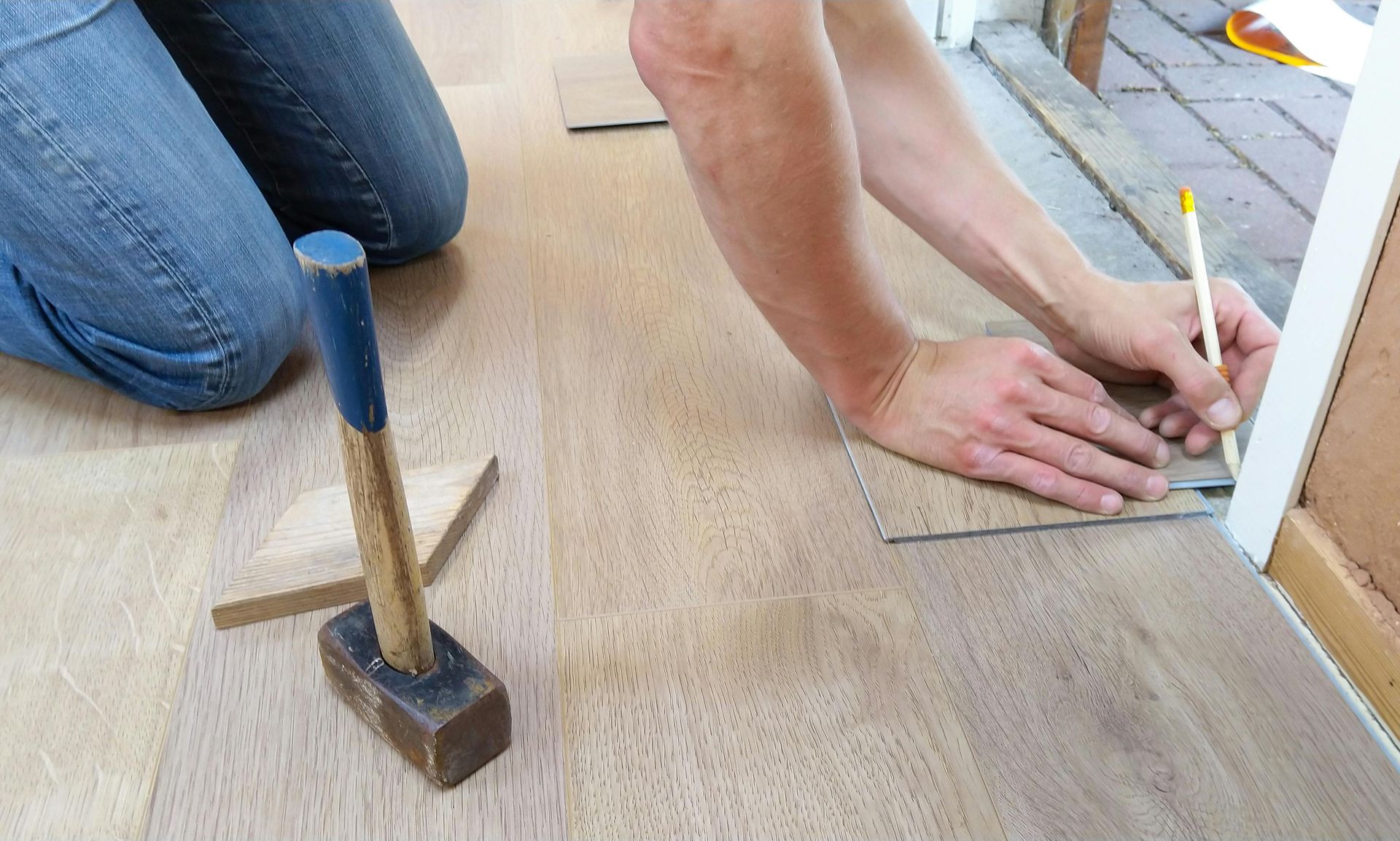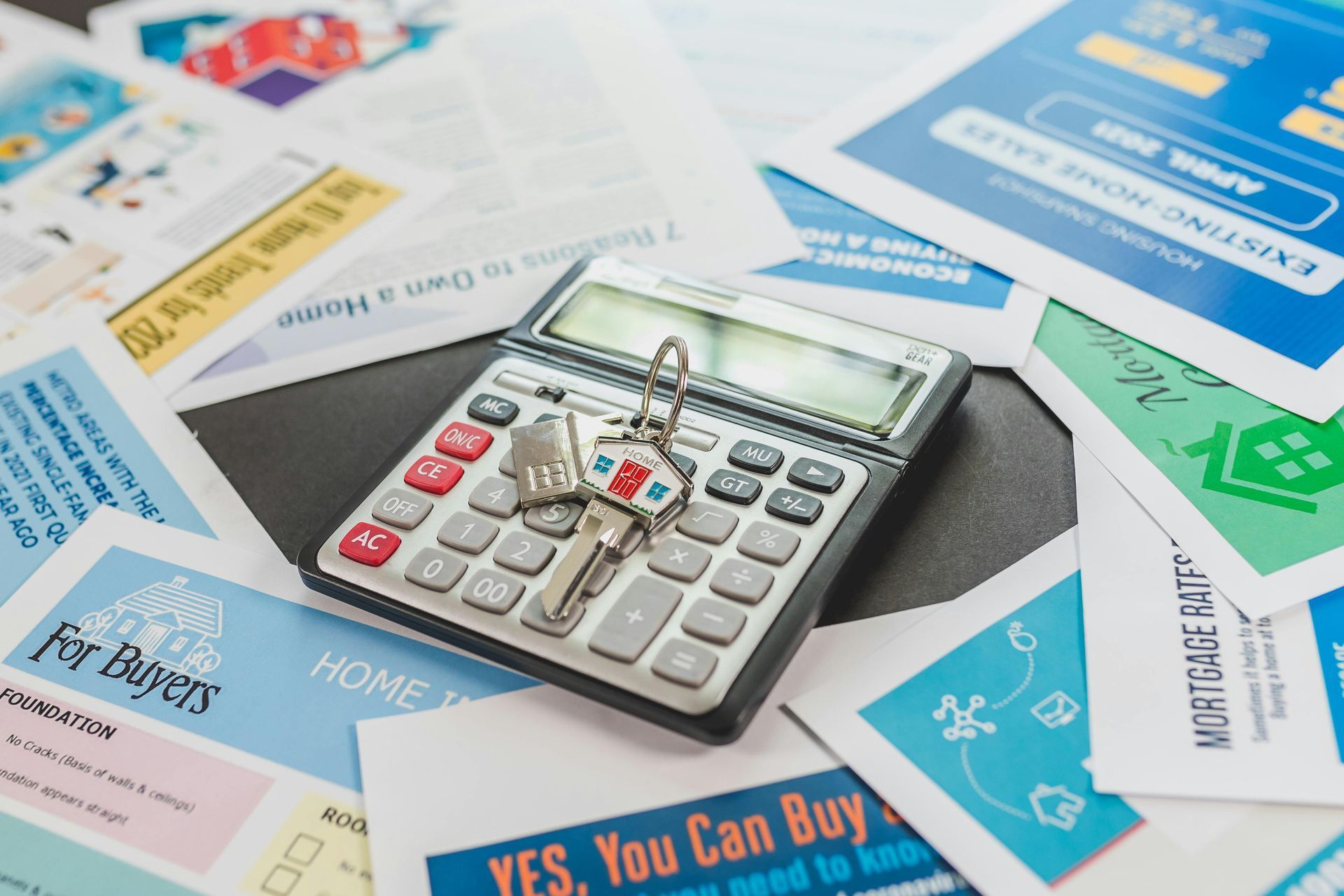New Year, New Goals: Get Your Finances Mortgage-Ready
Start 2025 strong with practical steps to boost your credit, budget wisely, and prepare for homeownership.
The start of a new year is the perfect time to take stock of your finances and set yourself up for financial success. Whether you're planning to buy a home this year or simply want to improve your overall financial health, there are several key steps you can take to get your finances together for the new year.
Review Your Credit Score
Your credit score is one of the most significant factors lenders consider when determining your eligibility for a mortgage and the interest rate you’ll receive. A higher credit score can result in better loan terms, while a lower score may limit your options.
You can monitor and view your credit report and credit score through various free or paid services. You can also sign up to receive credit updates and alerts to track your progress.
If your score is lower than you'd like, take steps to improve it by paying down credit card balances, disputing any errors on your report, or keeping credit utilization below 30%.
Set a Budget for Your Home Purchase
Before you start house hunting, it’s essential to know how much you can afford. This includes evaluating your income, debts, and monthly expenses to determine a comfortable monthly mortgage payment.
It is helpful to use online calculators to estimate how much you can afford based on your current financial situation. Don’t forget to factor in other homeownership costs, such as property taxes, homeowners insurance, and maintenance.
Setting a realistic budget will help prevent you from overextending yourself financially and ensure you're prepared for the long-term commitment of homeownership.
Save for a Down Payment
One of the biggest hurdles to purchasing a home is saving for a down payment. In the past, it has been common practice to save at least 20% of the home's purchase price to avoid private mortgage insurance (PMI), which adds to your monthly costs. However, mortgage insurance premiums have dropped considerably over the last couple of years, which means borrowers can potentially buy a home with a smaller initial down payment.
No matter what your strategy, start saving early by creating a dedicated savings account for your down payment. Set up automatic transfers to this account to make consistent progress toward your goal.
Tackle Outstanding Debt
Before applying for a mortgage, it's a good idea to work on paying down any existing debt, especially high-interest debt like credit cards or personal loans. The less debt you have, the more favorably lenders will view your application.
Consider using any extra funds from a year-end bonus or tax refund to pay off outstanding balances or reduce credit card debt.
Organize Your Financial Documents
When it’s time to apply for a mortgage, you’ll need to provide several key documents to lenders, including proof of income, tax returns, bank statements, and details about your debts and assets. To give you peace of mind and avoid unnecessary delays, gather and organize these documents now.













